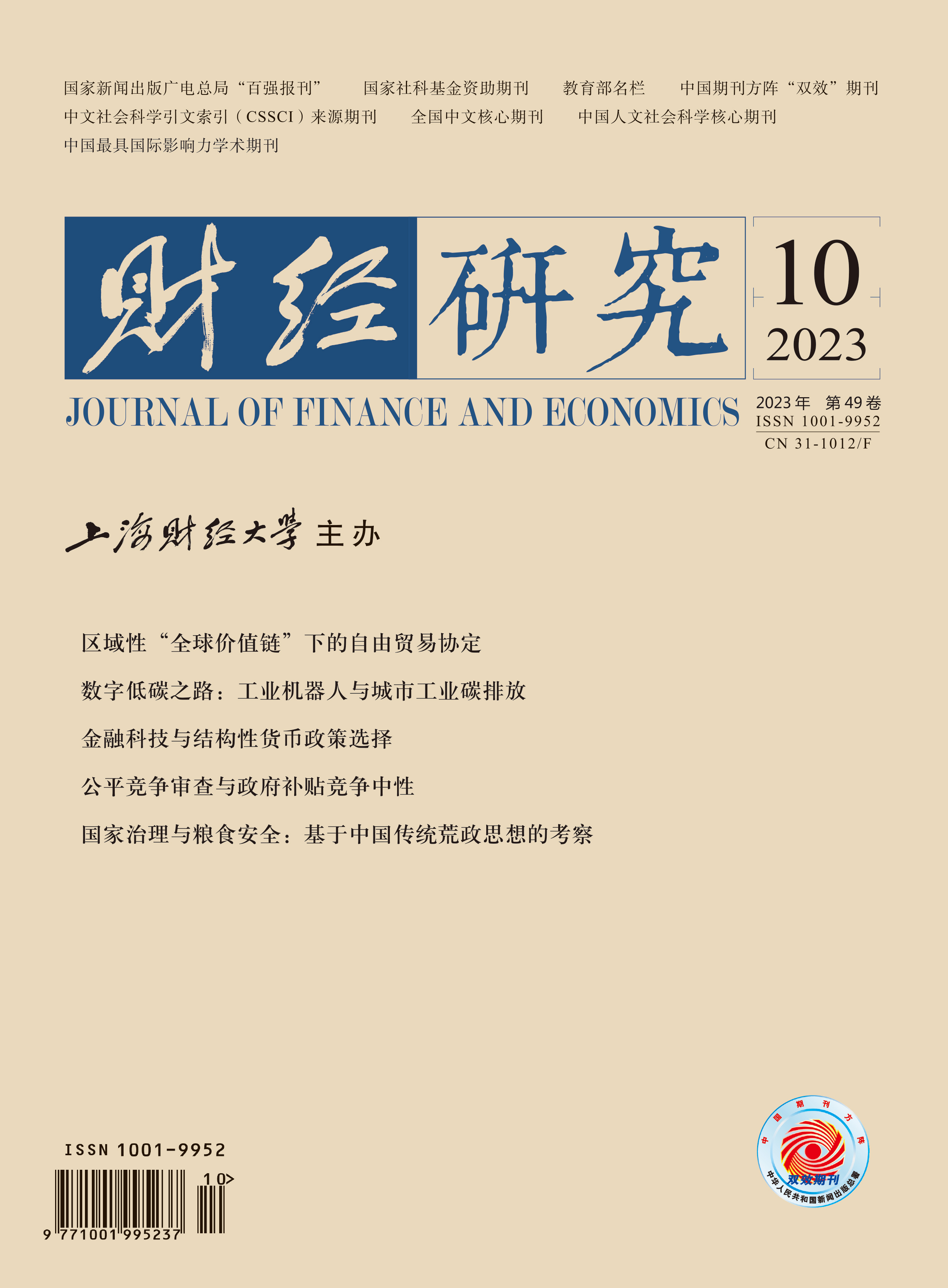The Valuation Adjustment Mechanism (VAM) is extensively employed in venture capital, and its merits and demerits have been subject to considerable controversy. However, due to a paucity of available data and evidence, researchers have been unable to comprehensively examine and comprehend the nature of VAM. Furthermore, there has been a dearth of discussions on how VAM may affect the quality of accounting information for startups.
This paper explores the impact of VAM on earnings management during the listing of startups, utilizing listing data from the New Third Board from 2013 to 2020. The evidence indicates that VAM can significantly increase the degree of accrual-based earnings management of startups in the year before and during the year of listing. The impact is mainly achieved by exerting listing pressure on entrepreneurs and weakening the supervision and service of venture capital. VAM with equity repurchase compensation has the most substantial impact on earnings management. Moreover, the positive impact of VAM on earnings management is more significant when the reputation of venture capital is low and when startups are not in industries supported by government policies. The performance of startups with VAM declines after listing.
This paper delivers several contributions: First, it quantitatively evaluates the economic consequences of VAM, providing direct empirical evidence for the negative effect of VAM. Second, it reveals the contractual mechanism by which venture capital affects startups’ information disclosure behavior. Prior research on the impact of venture capital on accounting information quality has yielded inconsistent conclusions, while this paper finds that VAM is a crucial factor that contributes to the impact of venture capital on accounting information quality. Third, it provides a reference basis for deepening the reform of the New Third Board and fully implementing the registration system in China. Based on the above findings, the following policy recommendations are proposed: First, regulatory agencies should pay close attention to the accounting information quality of pre-IPO companies that have signed VAM. Second, the exit channels of venture capital should be broadened, and venture capital should be guided to carry out post-investment management and value-added services. Third, regulatory reforms should be deepened under the comprehensive registration system, the registration standards and procedures should be clearly defined, and multiple measures should be taken to ensure the quality of accounting information disclosure.





 6077
6077  6451
6451

